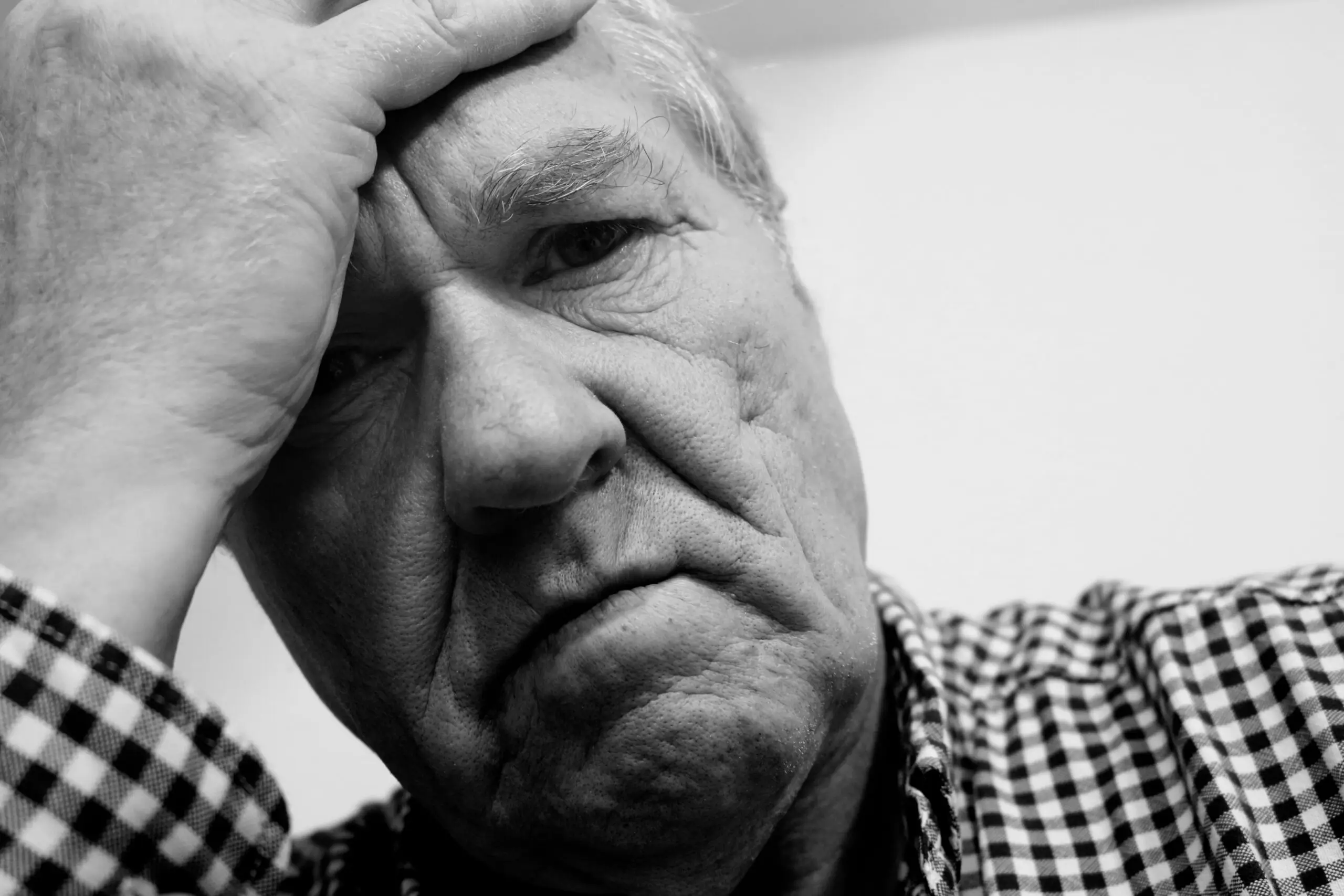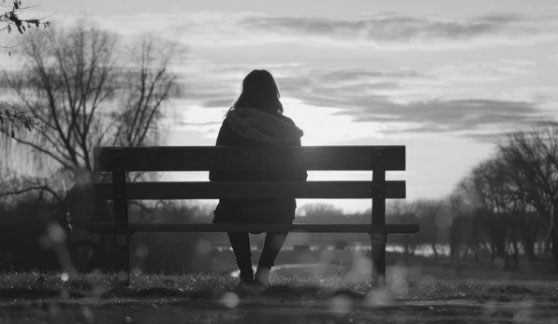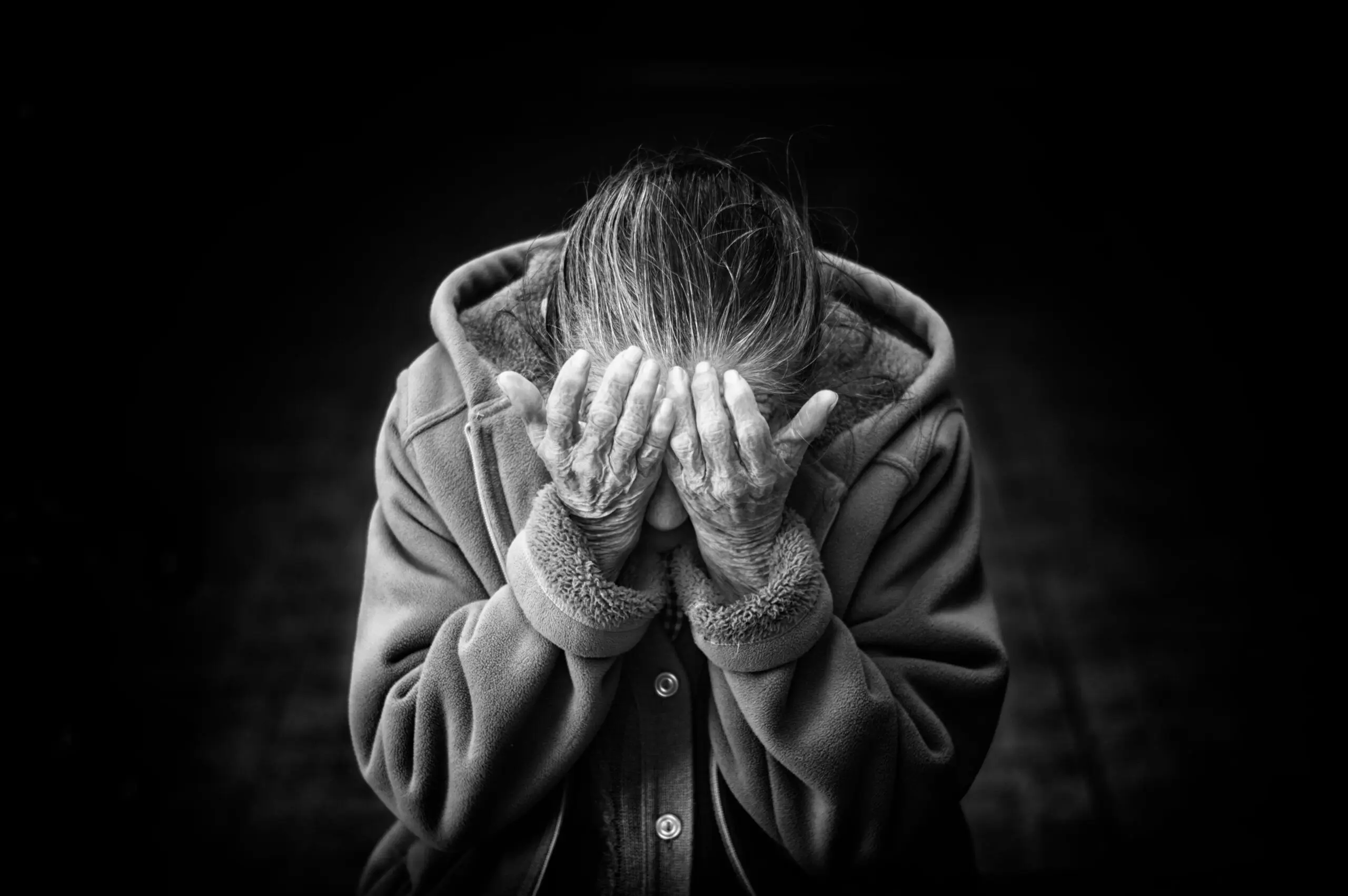Refueling After Caregiving: Self-Care, Grief, and Recovery
Refueling After Caregiving: Self-Care, Grief, and Recovery

After years of caregiving, it’s easy to lose sight of your own needs. When caregiving ends, whether due to the loss of a loved one or the transition into a different stage, it’s critical to focus on refueling after caregiving and rediscovering your own identity. This process is essential for both physical and emotional healing.
It Takes Time
Grieving caregivers often struggle with caregiver guilt, feeling that taking time for themselves betrays their loved one’s memory. I, too, found it difficult to focus on self-care after my parents passed away. I avoided prioritizing my own needs, fearful that indulging in self-care would dishonor their pain. For nearly a year, I experienced survivor’s guilt, caught between societal expectations to resume “normal life” and the overwhelming grief that left me feeling isolated.
However, as time passed, I realized that this phase is common among caregivers. The exhaustion and despair from caregiving, followed by the numbness and shock of loss, are natural parts of the caregiving cycle. With patience, we can move from grieving to healing, eventually reclaiming our lives. It takes time to accept that self-care isn’t a luxury—it’s a necessity.
A Fertile Darkness
Caregiving challenges our sense of self. Long-term caregivers, like Tommye, often feel lost when caregiving ends. Tommye had dedicated her life to caring for her mother and husband, juggling responsibilities while working full time. When they both passed away, her identity collapsed alongside her caregiving role. Yet, in what felt like a dark, barren time, she eventually found that this period of limbo was fertile ground for personal growth and healing.
Caregivers are resourceful and resilient, often without even realizing it. The caregiving experience equips us with valuable tools—flexibility, strength, and the ability to cope under pressure—that can help us rebuild our lives after loss. Tommye discovered that she couldn’t go back to her old life. But in embracing new opportunities, adventures, and connections, she found the courage to create a new, fulfilling life.
Attending to the Years of Neglect
Years of neglecting self-care during caregiving take their toll. Many caregivers experience physical effects of caregiving, including exhaustion, pain, and chronic conditions such as fibromyalgia. Carol, a retired nurse and former caregiver, shared that her caregiving experience led to severe health issues, which worsened because she declined help. Like many caregivers, she felt guilty for taking time to address her own needs, yet this delay in self-care only prolonged her suffering.
It’s important to recognize that healing begins when we start to attend to the years of neglect. Caregiver burnout recovery involves more than physical rest; it requires emotional and mental recovery too. Grieving caregivers must take time to prioritize their own well-being, from seeking medical care to creating space for relaxation and reflection.
Bereavement Is Hard Work
The journey of grief is neither simple nor quick. According to Edward Meyers, bereavement is hard work, requiring patience and a focus on self-care. Grief isn’t just about emotional pain; it can manifest in physical symptoms, from chest tightness to digestive issues. Emotional recovery for caregivers involves learning to balance the weight of sorrow with the need for healing.
Many small steps can help grieving caregivers regain energy and move forward. Whether it’s going for a walk, talking about your feelings with a support group, or simply resting, each action contributes to the slow but essential process of rebuilding your strength. It’s also vital to remember that caregiving support groups and national bereavement organizations provide safe spaces for former caregivers to share their experiences and seek comfort.
How to Refuel
After caregiving, refueling is about finding ways to re-energize and nourish your spirit. Self-care tips for caregivers can include anything from small daily routines to bold new adventures. Refueling may be as simple as making your bed in the morning or brewing fresh coffee instead of instant. For others, it might mean taking up new hobbies, traveling, or spending time in nature to reconnect with your sense of peace.
In this healing phase, consider exploring creative outlets. Writing, painting, or even tackling a home project can help process emotions and give you a sense of purpose. Spending time outdoors—whether it’s walking through the woods or sitting by the ocean—can also provide solace and refuel your spirit. The key is to find what works for you, allowing yourself to recharge without guilt.
Loving Life Again
The ability to love life again after caregiving signifies personal healing. As former caregivers, we learn that life will never return to the way it was. But in moving forward, we find joy in new experiences and relationships. Grief, while painful, also brings opportunities for growth. By respecting our need for caregiver stress relief and self-care, we learn to embrace life with fresh energy.
Caregivers who give themselves the space to heal often find that life becomes vibrant and exciting once again. As Tommye says, “Life, even without Bill, has become very challenging. I can hardly wait to see what the next day will bring.” This sense of anticipation for the future reflects the resilience of caregivers who have faced immense challenges and emerged stronger.
Need to Refuel
The post-caregiving period often brings unexpected challenges, such as health issues, exhaustion, and emotional fatigue. Caregiver exhaustion is common, as is the feeling of disconnection from the world around you. After years of focusing on someone else’s needs, it’s crucial to prioritize your own recovery and refuel your body and mind.
Addressing the physical and emotional aftereffects of caregiving requires intentional care. Sleep, nutrition, exercise, and mental health support all play vital roles in refueling after caregiving. If you’re struggling to regain energy, consider consulting with healthcare providers, engaging in physical activities, or joining support groups to help guide you through the healing process.
During the Healing Process
Healing after caregiving involves allowing yourself to grieve while also creating new routines. Here are a few steps to help manage grief:
- Talk about your loss and express your feelings with friends, family, or a support group.
- Stick to regular routines, including sleeping and eating habits, to maintain stability.
- Engage in light exercise, fresh air, and exposure to natural light to combat depression.
- Allow others to help you. Don’t be afraid to lean on your support system.
Grieving is hard work, but it’s also an opportunity for renewal. With patience, time, and a focus on self-care, you can refuel and emerge from caregiving with newfound strength and purpose.
This series of bereavement articles is in memory of Steven Mintz.
Additional ‘Life After Loss’ Articles







